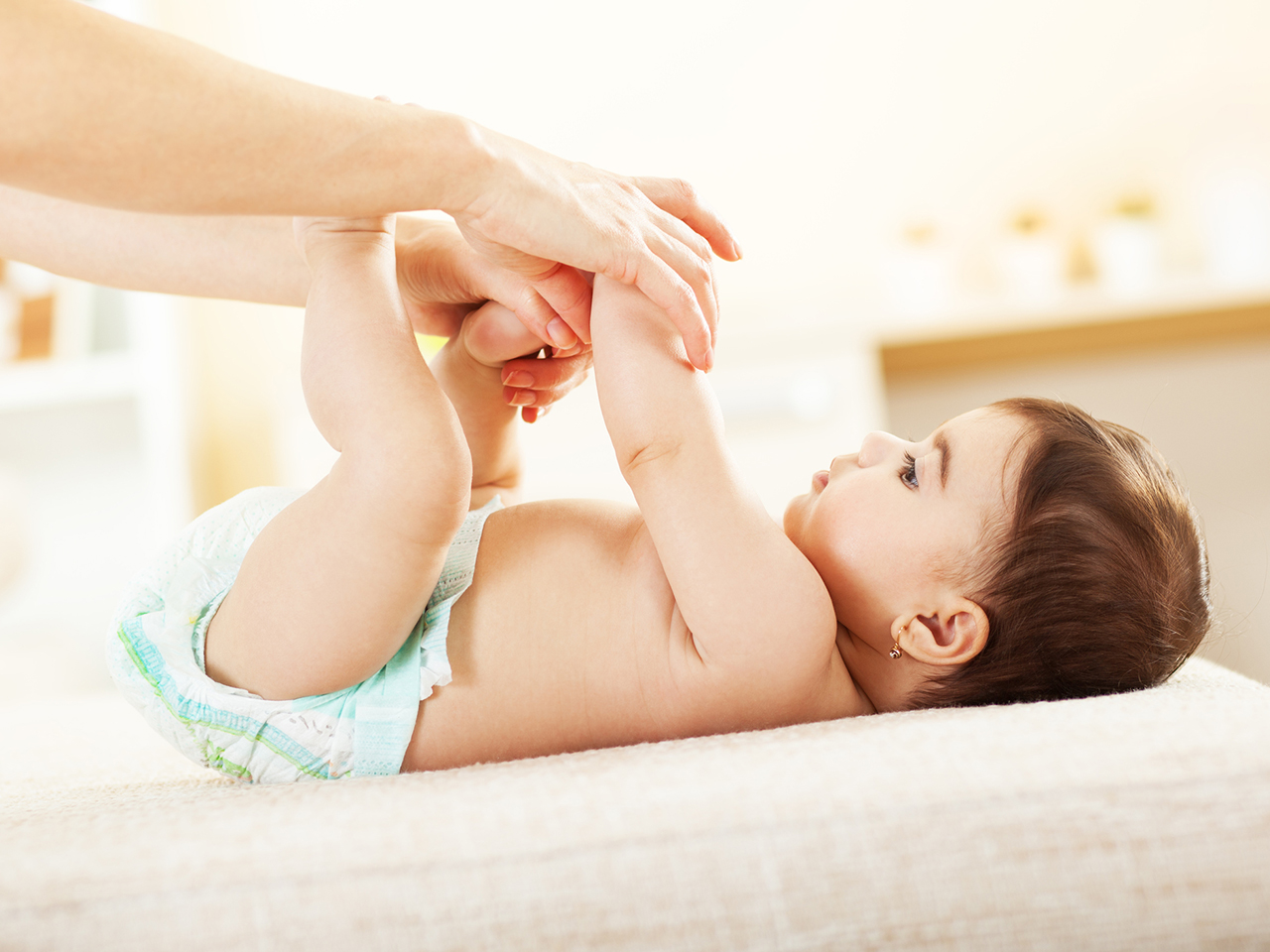Family, Children & Elderly
BABY DIARRHEA AND DEHYDRATION
By A.A. (staff writer) , published on July 07, 2021

Medicine Telehealth Health baby diarrhea dehydration
The feelings of diarrhea are never a great thing, but it may be especially dangerous for a baby or toddler. Children or infants are at danger of dehydration if their loose, watery stools linger more than a day. Dehydration is the loss of important fluids that include minerals and salts that the body requires for proper functioning. Frequent, loose stools, as well as vomiting, can be a cause for worry.
Adults and kids can benefit from a variety of over-the-counter (OTC) products. However, according to many pediatricians, delivering anti-diarrheal medicines to a newborn or toddler can be dangerous.
Causes of Diarrhea
According to the National Institute of Diabetes and Digestive and Kidney Diseases, a bacterial, viral, or parasite infection is the most common cause of acute diarrhea (which appears suddenly, is severe, but lasts only a few days).
Before a vaccine was launched in 2006, rotavirus, a virus that inflames the stomach and intestines, was the primary cause of acute diarrhea in children in the United States. To prevent this infection, the FDA has approved two rotavirus vaccinations. Depending on which of the two vaccines is used, the liquid vaccine is given by mouth to newborns between the ages of 6 weeks and 32 weeks in a series of two or three doses.
A vaccination, like any other therapy, has the potential to produce serious adverse responses or other complications. After receiving the rotavirus vaccine, several studies have found a modest increase in incidences of intussusception—a rare but dangerous bowel blockage—in babies. However, the vaccine's chance of significant injury is extremely low, and the benefit much surpasses the risk. According to the Centers for Sickness Control and Prevention, the rotavirus vaccine has reduced the number of babies who require emergency care or hospitalization for rotavirus disease by roughly 85%1.
Dehydration as an indication of Diarrhea
Dehydration occurs when the body loses too much water. This might develop as a result of vomiting or diarrhea. It is necessary to lose more than 3% of one's body weight. This is not caused by mild diarrhea or vomiting. A slight reduction in fluid consumption has the same effect. The most serious complication of diarrhea is dehydration. Dehydration is a sign that you should consult a doctor immediately.
The following are the signs of dehydration
- Decreased urine output is an early sign of dehydration or (no urine in more than 8 hours). The color of the urine changes and turns to a dark yellow color. Your child is not dehydrated if the urine is of light yellow colour.
- The inside of the mouth and the tongue are both dry. Lips that are dry are inconvenient. Tear production is reduced or nonexistent in dry eyes.
- Sunken, depressed, or soft spots in some babies.
- If your child is irritable, weary, or acting ill, then it may have dehydration. Your child is not dehydrated if he or she is alert, joyful, and lively2.
Treatment approaches for diarrhea in babies
Care for Baby's Skin
Moist and filthy nappies can irritate your baby's skin and cause a diaper rash, so change them frequently. Make every effort to keep your baby's diaper area clean and dry. After each diaper change, apply a diaper ointment to soothe your child's skin and provide a protective barrier. To avoid the spread of germs, wash your hands after each diaper change.
Watch for Dehydration
You must take a look at the above-mentioned indicators of dehydration. Severe diarrhea that causes dehydration may necessitate medical help with intravenous (IV) fluids.
Practice Good Hygiene
Diarrhea can be infectious and extend to others in your home depending on the reason. Therefore, after changing your child's diaper or going to the bathroom, wash your hands and advise everyone in your home to follow the same3.
When to Call the Doctor
Diarrhea in babies and young children can be harmful because it causes weight loss and dehydration. A little loose feces here and there isn't typically an issue. Your infant may develop diarrhea if you see two or more watery bowel movements. If you see any of the following, contact the pediatrician immediately.
- Your child has a fever or other symptoms along with diarrhea.
- Diarrhea with other symptoms like fever
- Presence of blood in baby’s poop
- Your baby looks to be in a lot of discomfort and pain.
- Poor eating routine of the baby
- The baby is sleeping excessively
- Diarrhea persists for more than 24 hours.
Avoid the following if your baby has diarrhea:
- You must avoid the following food in your baby’s diet
- Do not give your child or baby cow’s milk until your baby is 1 year old.
- Fruit juices like apple juice or any other juice.
- Spicy and fried foods.
- Medicines for diarrhea, until prescribed by the pediatrician4.
References
- How to Treat Diarrhea in Infants and Young Children. [Internet]. [Cited 2021 May 29]; Available from https://www.fda.gov/consumers/consumer-updates/how-treat-diarrhea-infants-and-young-children
- How to Treat Diarrhea in Infants and Young Children. [Internet]. [Cited 2021 May 29]; Available from https://www.seattlechildrens.org/conditions/a-z/diarrhea-0-12-months/
- How to Treat Diarrhea in Infants and Young Children. [Internet]. [Cited 2021 May 29]; Available from https://www.fda.gov/consumers/consumer-updates/how-treat-diarrhea-infants-and-young-children
- What’s Giving Your Baby Diarrhea? Common Causes and What You Can Do. [Internet]. [Cited 2021 May 29]; Available from https://www.healthline.com/health/baby/baby-diarrhea
Find articles related to: Medicine Telehealth Health baby diarrhea dehydration
More articles about Family, Children & Elderly
Back to the Health Tips Index




